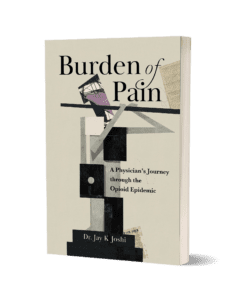Many think that when you are critical of individual law enforcement agents, you must be against law enforcement as a whole. This cannot be farther from the truth.
In fact, the highest form of respect for law enforcement comes from being respectfully and lawfully critical of individual law enforcement agents whose behavior constitutes grounds for misconduct.
It’s an essential part of a healthy society. It creates accountability, which is the bedrock of trust. And trust is the foundation for a society based on the rule of law. We know this, but only implicitly, at a deep level. So we struggle to articulate it.
But we sense it when we become enraged over a lying politician. We tolerate plenty from our political leaders, but lying – that’s a trigger. President Clinton was many things to many people, but once he became a liar to the public, he sealed his fate for impeachment. President Bush always had an affable demeanor, an idiosyncratic cowboy-esque likeability. But we’ll never forgive him for lying about the Iraq war.
This is why people like President Trump. Sure he lies, but he lies in a way that you know is a lie. Since everyone knows it’s a lie, it’s no longer lying.
We need trust at an almost visceral level. It’s essential to our survival. Think about how much of a day is spent relying on trust. We build our entire morning routine around it. You trust things will remain where they are, day after day – brush, shower, shave, and repeat. Your morning commute may seem hectic, but just imagine if you couldn’t trust the road you drive on to be stable and the surrounding drivers to follow the traffic rules. Trust is the implicitly held beliefs we take for granted because we can’t think of life in any other way.
This is why society erupts whenever we see instances of misconduct by law enforcement. It’s the same trigger that appears when we catch politicians lying, only magnified. Politicians are intangible, like mythic creatures we see only on televisions or in newspapers. Law enforcement officers are real. We see them in our daily lives and we rely on them to maintain our trust in society.
Burden of Pain is my way of maintaining accountability. So those who read it know that they can trust law enforcement. While I may be critical of individual law enforcement agents, I hold the law and those in law enforcement in the highest regard.
It’s a story of redemption. But it’s also a way to rekindle a bridge with law enforcement. After all, a book is a compilation of words. Words without action are like knowledge without implementation. It’s of no good.
Burden of Pain is the culmination of my policy work and legal advocacy. It’s why I became an amicus party in the Ruan v. United States Supreme Court case and why I advocated for my patients during the Purdue Pharma Chapter 11 bankruptcy hearing. It’s why I write so passionately on Daily Remedy.
Although my book reveals the misconduct of select law enforcement agents, it also provides an opportunity to work with law enforcement and curb the devastation caused by the overdose epidemic.
Ultimately, it’s my way of showing respect.
















